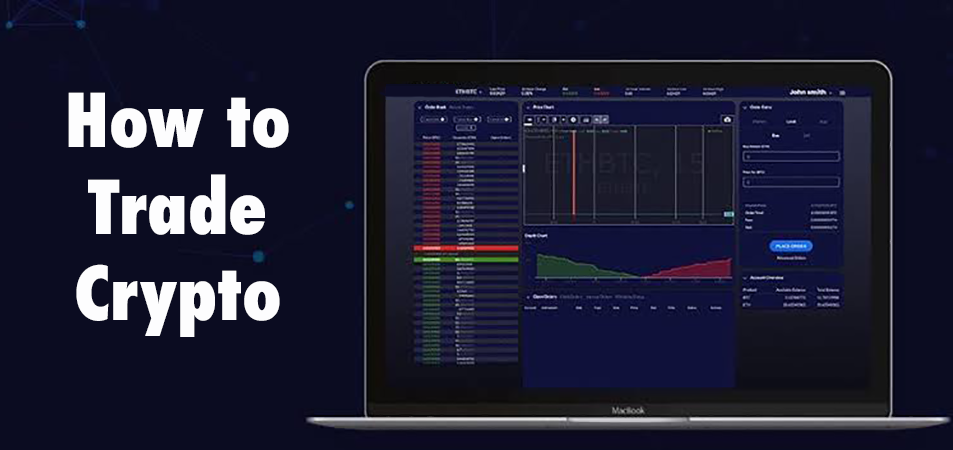Cryptocurrency trading is the act of speculating on cryptocurrency cost motions via a CFD trading account, or buying and selling the underlying coins through an exchange. CFDs trading are derivatives, which allow you to speculate on cryptocurrency rate motions without taking ownership of the underlying coins. You can go long (' buy') if you believe a cryptocurrency will increase in value, or short (' sell') if you believe it will fall.
Your revenue or loss are still calculated according to the full size of your position, so take advantage of will magnify both revenues and losses. When you purchase cryptocurrencies via an exchange, you acquire the coins themselves. You'll need to develop an exchange account, installed the amount of the property to open a position, and save the cryptocurrency tokens in your own wallet up until you're all set to sell.
Numerous exchanges also have limitations on just how much you can transfer, while accounts can be extremely costly to preserve. Cryptocurrency markets are decentralised, which means they are not provided or backed by a central authority such as a government. Instead, they encounter a network of computer systems. Nevertheless, cryptocurrencies can be purchased and sold via exchanges and kept in 'wallets'.
 To Trade Cryptocurrency ...blockgeeks.com
To Trade Cryptocurrency ...blockgeeks.com
When a user desires to send out cryptocurrency units to another user, they send it to that user's digital wallet. The deal isn't thought about last till it has actually been verified and included to the blockchain through a process called mining. This is likewise how brand-new cryptocurrency tokens are usually created. A blockchain is a shared digital register of taped data.
To choose the very best exchange for your needs, it is essential to fully understand the types of exchanges. The very first and most typical type of exchange is the centralized exchange. Popular exchanges that fall into this classification are Coinbase, Binance, Kraken, and Gemini. These exchanges are private companies that use platforms to trade cryptocurrency.
The exchanges noted above all have active trading, high volumes, and liquidity. That said, centralized exchanges are not in line with the approach of Bitcoin. They run on their own private servers which creates a vector of attack. If the servers of the company were to be compromised, the whole system might be closed down for a long time.
The larger, more popular centralized exchanges are by far the easiest on-ramp for new users and Teeka Tiwari they even supply some level of insurance coverage should their systems fail. While this is real, when cryptocurrency is acquired on these exchanges it is stored within their custodial wallets and not in your own wallet that you own the keys to.
Must your computer system and your Coinbase account, for instance, end up being jeopardized, your funds would be lost and you would not likely have the ability to claim insurance coverage. This is why it is necessary to withdraw any large sums and practice safe storage. Decentralized exchanges operate in the same manner that Bitcoin does.
Instead, think about it as a server, other than that each computer within the server is spread out across the world and each computer that makes up one part of that server is managed by a person. If among these computer systems shuts off, it has no effect on the network as a whole due to the fact that there are lots of other computer systems that will continue running the network.